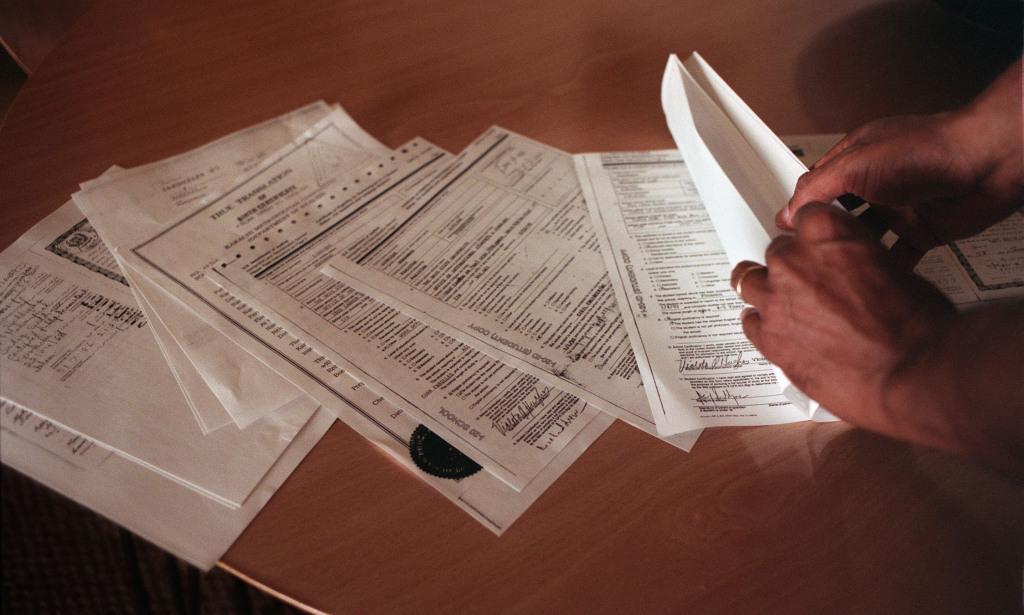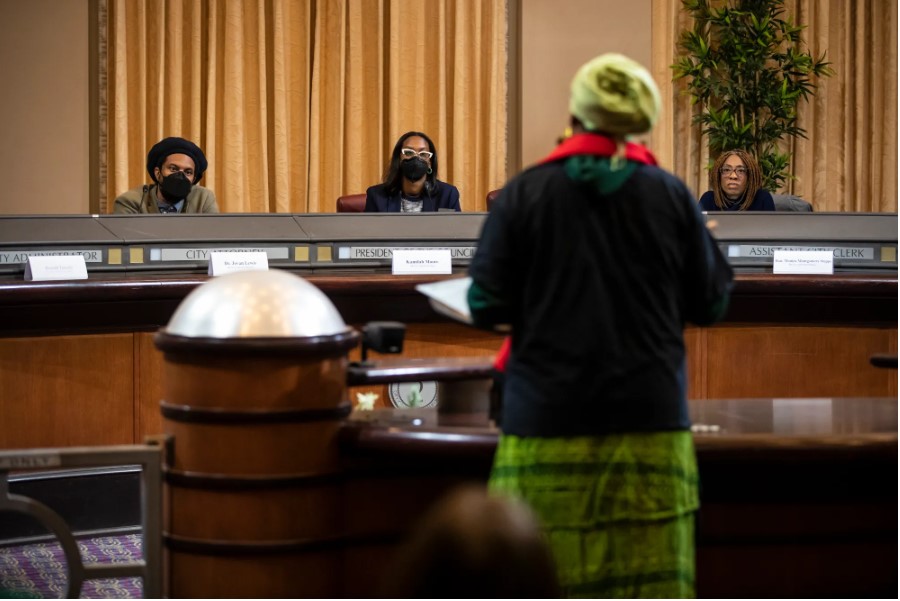A plan to replace the H-1B visa selection lottery with a wage-based allocation system has been delayed, the administration of President Joe Biden announced Thursday.
The visas, intended for jobs requiring specialized skills and heavily used by the Silicon Valley technology industry, will continue to be allocated through a lottery system this year, the U.S. Department of Homeland Security said.
Delaying the change until the end of this year is intended to give the federal government “more time to develop, test, and implement the modifications to the H-1B registration system and selection process,” the agency said in a brief news release.
The H-1B had become a target for the administration of former President Donald Trump, which in October had announced a plan to use a wage-based allocation system prioritizing higher pay to select recipients for the 85,000 new visas granted annually.
While the tech giants push for an expansion to the annual cap, arguing that they need more of the visas to harvest the world’s top talent, critics point to abuses and maintain that the H-1B is used to supplant U.S. workers, drive down wages, and facilitate outsourcing. Large Silicon Valley tech firms use the visa to employ workers directly, and also through the staffing companies whose practices have attracted the most criticism.
The rule to shift to wage-based allocation was announced in its final form in early January, during the last days of the Trump administration, and was slated to take effect in March, in time for this year’s registration and selection processes.
“The H-1B temporary visa program has been exploited and abused by employers primarily seeking to fill entry-level positions and reduce overall business costs,” U.S. Citizenship and Immigration deputy director for policy Joseph Edlow said in a news release in early January.
“The current H-1B random selection process makes it difficult for businesses to plan their hiring, fails to leverage the program to compete for the best and brightest international workforce, and has predominately resulted in the annual influx of foreign labor placed in low-wage positions at the expense of U.S. workers.”
For this year, immigration law giant Berry Appleman & Lieden noted in a bulletin, “employers will not be required to provide a wage level on their H-1B registrations.”










